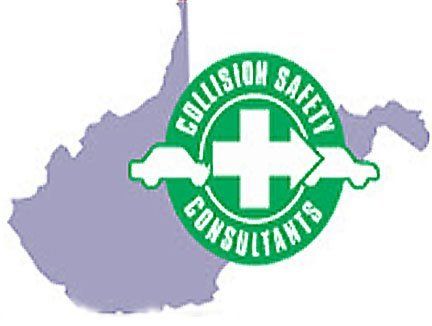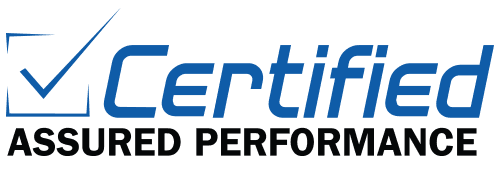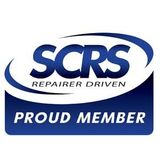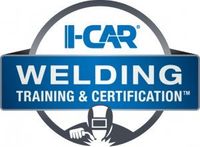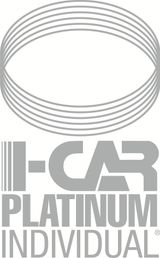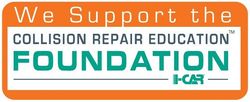WHAT IS DIMINISHED VALUE?
Suppose a consumer in the market for a Mustang finds two such cars on a used car lot that are identical in age, style, color, features and price. If she discovers that one of them was wrecked and repaired a few years earlier, most likely she will choose the Mustang that was never involved in an accident. The damaged car, regardless of how well it has been repaired, is perceived to be worth less than an identical but previously undamaged vehicle. Some of this stems from the uncertainty of whether or not the repairs were performed properly. Even if a vehicle is fully and completely repaired, there is a reduction in value that the owner should be compensated for.
When there are remaining flaws, defects, or damage on the vehicle, and repair procedures were not specifically listed on the itemized insurance authorized repairs, the result would be "Insurance Related Diminished Value". Additionally, when the insurer specifies imitation parts, which are NOT EQUAL TO, OR BETTER THAN the Original Equipment Manufacturer parts, the insurer could also be responsible for the Diminished Value caused by the inferior parts they specified.
Suppose a consumer in the market for a Mustang finds two such cars on a used car lot that are identical in age, style, color, features and price. If she discovers that one of them was wrecked and repaired a few years earlier, most likely she will choose the Mustang that was never involved in an accident. The damaged car, regardless of how well it has been repaired, is perceived to be worth less than an identical but previously undamaged vehicle. Some of this stems from the uncertainty of whether or not the repairs were performed properly. Even if a vehicle is fully and completely repaired, there is a reduction in value that the owner should be compensated for.
When there are remaining flaws, defects, or damage on the vehicle, and repair procedures were not specifically listed on the itemized insurance authorized repairs, the result would be "Insurance Related Diminished Value". Additionally, when the insurer specifies imitation parts, which are NOT EQUAL TO, OR BETTER THAN the Original Equipment Manufacturer parts, the insurer could also be responsible for the Diminished Value caused by the inferior parts they specified.
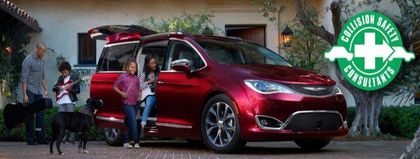

Diminished Value In West Virginia
West Virginia case law; The West Virginia Supreme Court, stated that “[i]f the vehicle looked and operated substantially the same after the accident but its market value had been diminished by the fact of being in an accident, then to be adequately compensated, the injured party must receive, in addition to the cost of repairs, the diminution in market value stemming from the injury”, but this should be narrowly construed with proof of the diminished value, structural damage to the vehicle, and only for a vehicle with “significant value” prior to the accident. Ellis v. King, 400 S.E.2d 235 (W. Va. 1990)
West Virginia case law; The West Virginia Supreme Court, stated that “[i]f the vehicle looked and operated substantially the same after the accident but its market value had been diminished by the fact of being in an accident, then to be adequately compensated, the injured party must receive, in addition to the cost of repairs, the diminution in market value stemming from the injury”, but this should be narrowly construed with proof of the diminished value, structural damage to the vehicle, and only for a vehicle with “significant value” prior to the accident. Ellis v. King, 400 S.E.2d 235 (W. Va. 1990)
